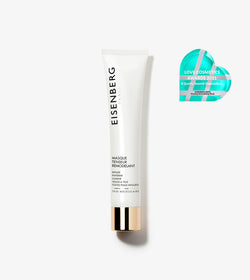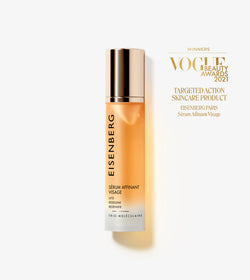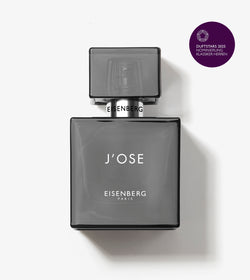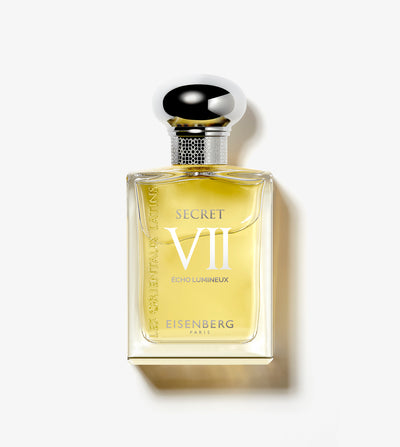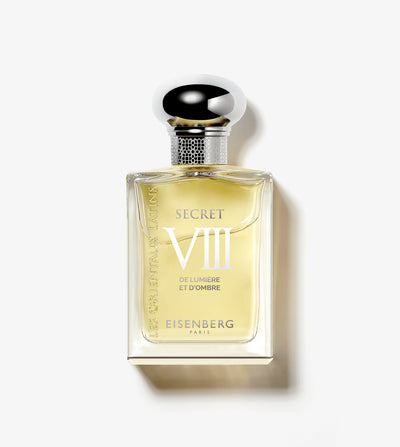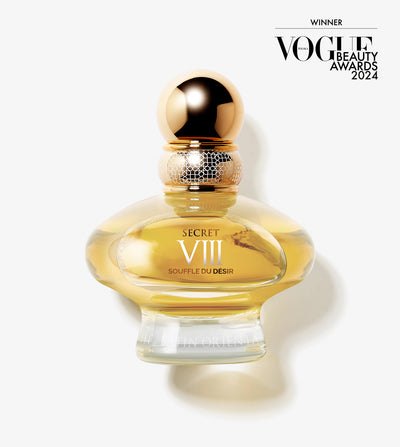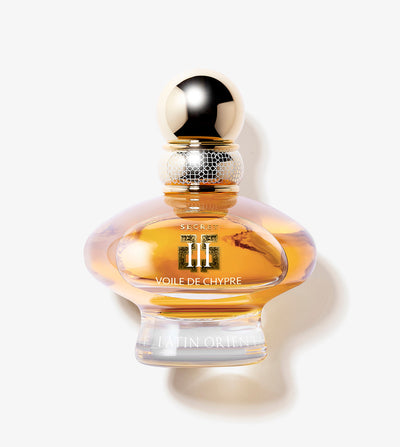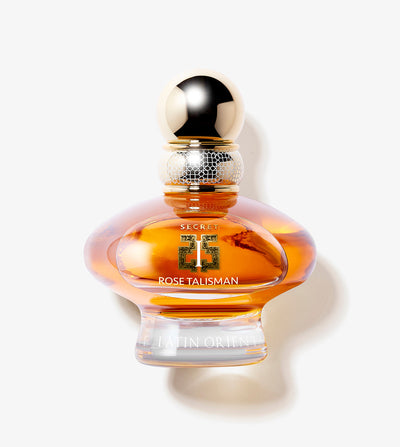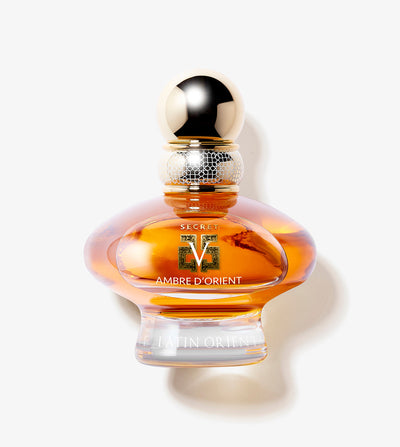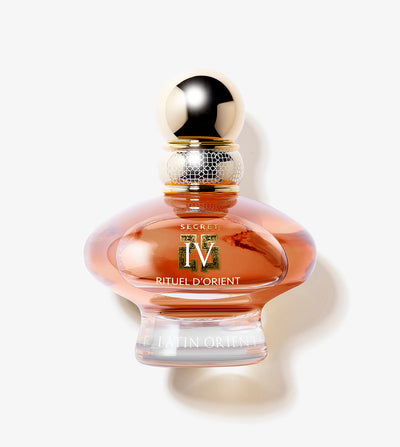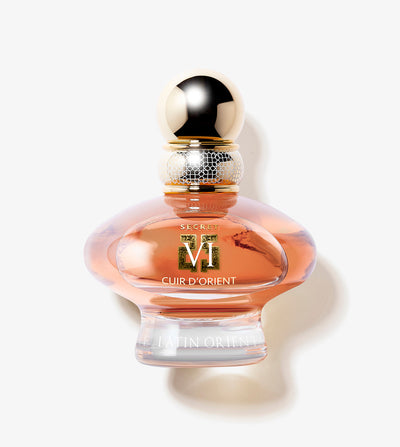Select my samples
Add a personalised message
X
Add a personalised message
CONFIRM MY MESSAGE
Enter a valid discount code
We kindly invite you to activate your delivery coupon at the next step
TOTAL
0,00 €
Your cart is empty
Delivery costs and promo code will be applied at the next step
By clicking the checkout button, you hereby agree to and accept our terms and conditions
